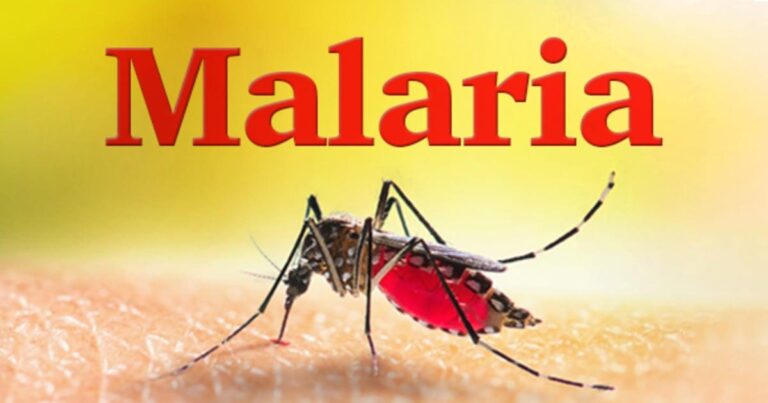Introduction
Malaria remains one of the leading causes of morbidity and mortality in Africa. The intersection of malaria and poverty creates a vicious cycle that disproportionately affects the most vulnerable populations. With recent funding cuts, millions of lives are at stake.
The Link Between Malaria and Poverty
Understanding Malaria’s Impact
Malaria is not just a health issue; it is a major barrier to economic development in Africa. The disease affects individuals’ ability to work, thereby deepening poverty. When health deteriorates, families fall deeper into financial hardship.
The Cycle of Disease and Poverty
The cycle of malaria and poverty is self-perpetuating. In communities where malaria is prevalent, children suffer from recurrent infections, which hampers their education and future job prospects. This has long-term effects on the development of entire communities.
Funding Cuts and Their Consequences
The Current State of Funding
Recent funding cuts to malaria prevention and treatment programs threaten to reverse years of progress. As resources dwindle, the efficacy of control measures diminishes. This not only affects those currently suffering but also increases the risk of new infections.
The Risks of Inaction
Failure to address these funding cuts could lead to devastating consequences. Without adequate resources, many countries may struggle to maintain mosquito control programs and access to life-saving medications. This situation could lead to increased incidence and mortality rates among vulnerable populations.
Call to Action
It is imperative that we act now to safeguard the health and future of millions. To learn more about the dire implications of funding cuts, visit this resource. Rallying support for malaria initiatives is crucial in the fight against poverty.
Conclusion
The fight against malaria is inextricably linked to the fight against poverty. Addressing funding cuts is not just a health issue; it is a moral imperative. We must prioritize this fight to secure a healthier, more equitable future for Africa.

